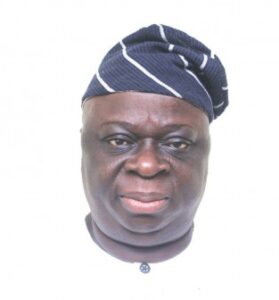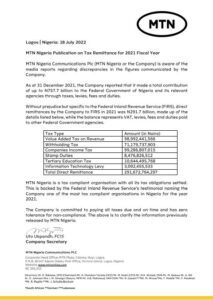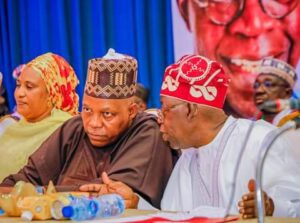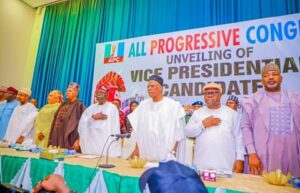 Wale Mogaji; sacked
Wale Mogaji; sacked
On Tuesday, July 14, 2022, the Lagos State House of Assembly, at its plenary for that day, made some appointments and elevations in accordance with the law guiding its operations. One of such appointments was that of the Clerk, Barr. Olalekan Onafeko. Mrs. Folashade Latona was elevated and named the new Secretary of the Lagos House of Assembly Commission (LAHASCOM). Three others were approved as Deputy Clerks.
Until that day, Onafeko had been carrying out the duties of the Clerk in acting capacity.
Then, the axe fell on Chief Wale Mogaji, Chairman of the Commission. With a unanimous voice by every lawmaker present at the sitting, the House removed Mogaji taking cognisance of the section of the LAHASCOM law which stipulates how he should be removed or cease to be recognised as Chairman.
Mogaji had been appointed for an initial four-year term. With the expiration of the term, the House leadership led by Speaker Mudashiru Obasa, had magnanimously secured him one extra year before renewing his appointment for a second term.
However, the House had decided to play down the actual reasons for the unanimous decision to send Mogaji packing, maybe to keep what remained of his integrity.
Findings have now shown that Mogaji was to face two panels over some infractions. He arrogantly dishonoured the first panel and instigated other commissioners in LAHASCOM not to honour same. A WhatsApp message he sent to the commissioners read: "Pls, not under any pretext must any commission member who knows his onion attend any committee set up by House of Assembly. We must not relegate ourselves to a group that is supposed to be our employee. Let us protect the dignity of the commission and also protect our own dignity."
Unfortunately, this position of his, gave him up as one who had no understanding of the very law setting up and regulating LAHASCOM and stipulating how the commission is under the Assembly (the lawmakers), which has the power to appoint the Chairman and members of the Commission as well as oversight and authority over its operations.
Realising his error, it was learnt that he tendered a written apology. Then he decided to honour a new committee headed by the Deputy Majority Leader of the House, Hon. Noheem Adams.
His Sins
The committee set up, was to consider the allegations against Mogaji following series of petitions by staff of LAHASCOM, some of whom threatened to resign if nothing was done.
Mogaji, according to some of the petitions, singlehandedly employed workers without recourse to the Assembly or in accordance to with the LAHASCOM law.
He had often made personal decisions without recourse to extant laws and against the collective decision of other Commission members. In a particular instance a staff was suspended for six months which is contrary to the maximum three months stipulated in the Public Service Rules. When confronted with this allegation, a video of one of the sessions by the committee saw him admitting and saying he was not aware that he had no such powers.
Mogaji was further alleged to have converted one of the official vehicles meant for senior officers to his son's personal use and still went ahead to use the resources of the Commission to maintain it against the rules. This, he also admitted to when he faced the panel.
Among other allegations, he was accused of sitting on the welfare and promotion of some staff.
On several occasions, other Commission members had lodged complaints that he ran the Commission like a personal estate and never involved them in any official matters and even when decisions are to be made, he overruled them at will and took vital decisions unilaterally.
Beyond these was his failure to hold meetings with the commissioners till the day he left office.
The Decision
Admitting to the allegations, the committee, which sat at least three times, was able to extract evidences from staff, commission members and others.
With the amount of evidence before the committee, Mogaji was found guilty and recommended for removal, a decision the House acted upon saying this was in the best interest of the Commission and the State.




 Tinubu (right) and Shettima
Tinubu (right) and Shettima




